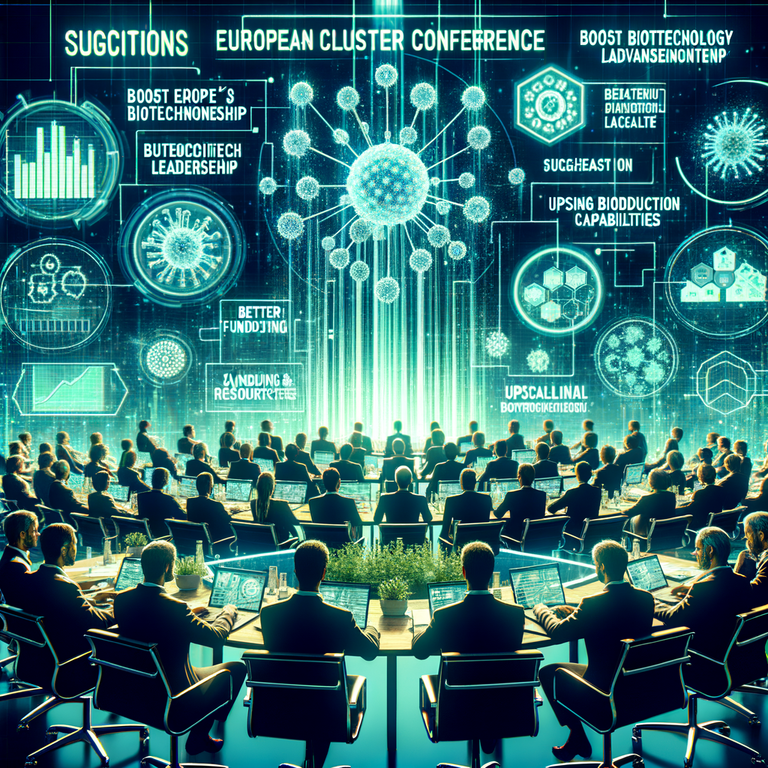Introduction:
The article discusses the discussion held at the 9th European Cluster Conference in Brussels, where cluster professionals and policy makers gathered to discuss cluster policy needed to make Europe a world leader in technology fields such as green and digital transitions and biotechnology.
- Compared to the US and China, EU biotech clusters lack industry-specific support in terms of funding, resources, and scaling up bioproduction.
- The European Federation of Pharmaceutical Industries and Associations (EFPIA) suggests concentrating resources in a few large clusters to keep pace with global hubs such as Boston, San Francisco, or Maryland.
- The networking of expertise, along with appropriate funding and sector-specific support, could help Europe regain lost ground.
- Cluster experts at the conference emphasized the importance of networking and mapping existing expertise in topic-specific metaclusters.
- An interactive discussion highlighted the need for stable political priorities, long-term commitment, and practical support for clusters to achieve innovation policy goals.
- Facts on innovation scores and global ranking in key technologies were presented, showing China catching up with the EU in innovation.
- Cleantech and biotech solutions play a strategic role in creating climate-friendly value chains, and clusters need stability and predictability in political priorities to attract investments.
- Discussion also focused on the priorities of the new European Commission and the need for funding and a supportive regulatory environment.
Conclusion:
The European Cluster Conference highlighted the need for cluster policy to support Europe’s position as a world leader in technology fields. Concentrating resources, networking expertise, and providing stable political support were emphasized as key factors in achieving this. The conference also emphasized the importance of innovation, funding, and a supportive regulatory environment for clusters to thrive and contribute to Europe’s competitiveness. The priorities of the new European Commission and decision criteria extracted from discussions with experts will be crucial in shaping the future of cluster policy in Europe.



